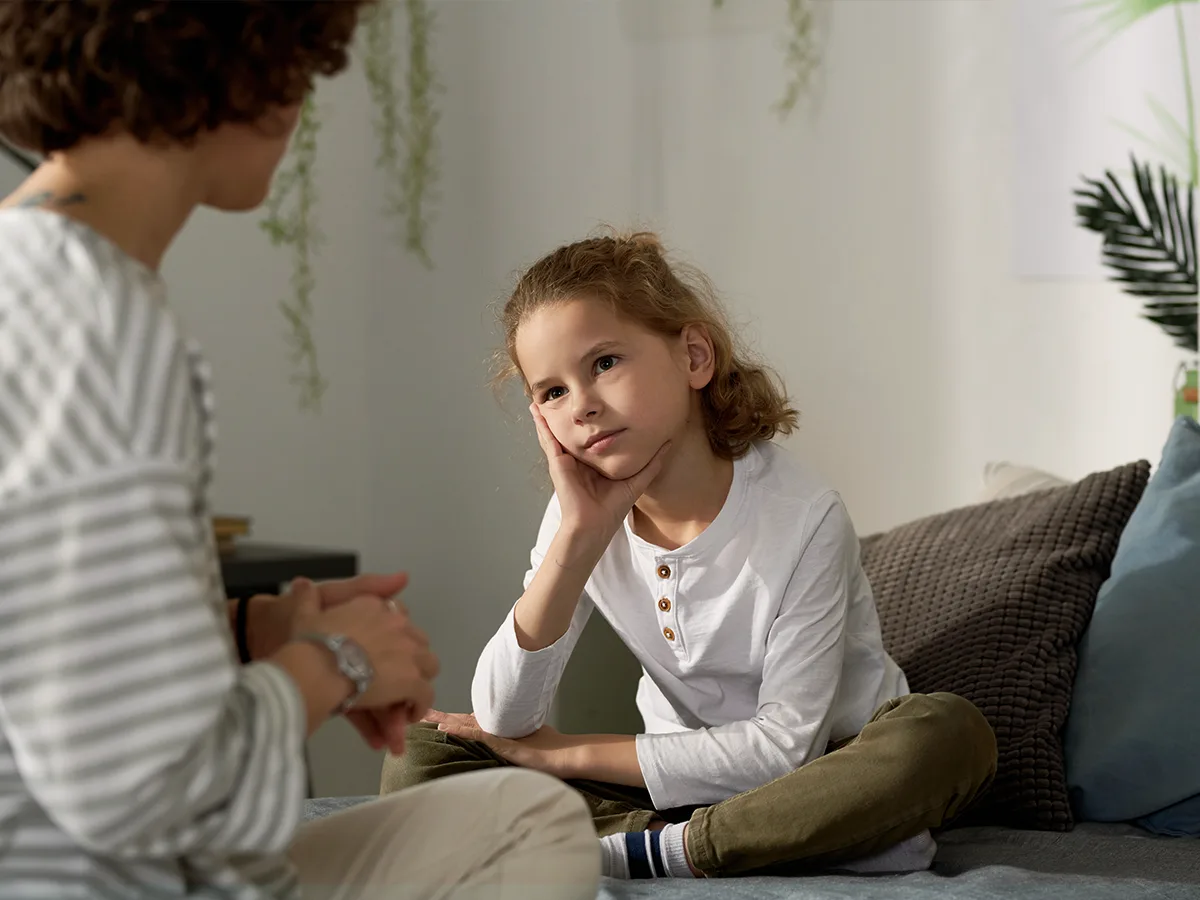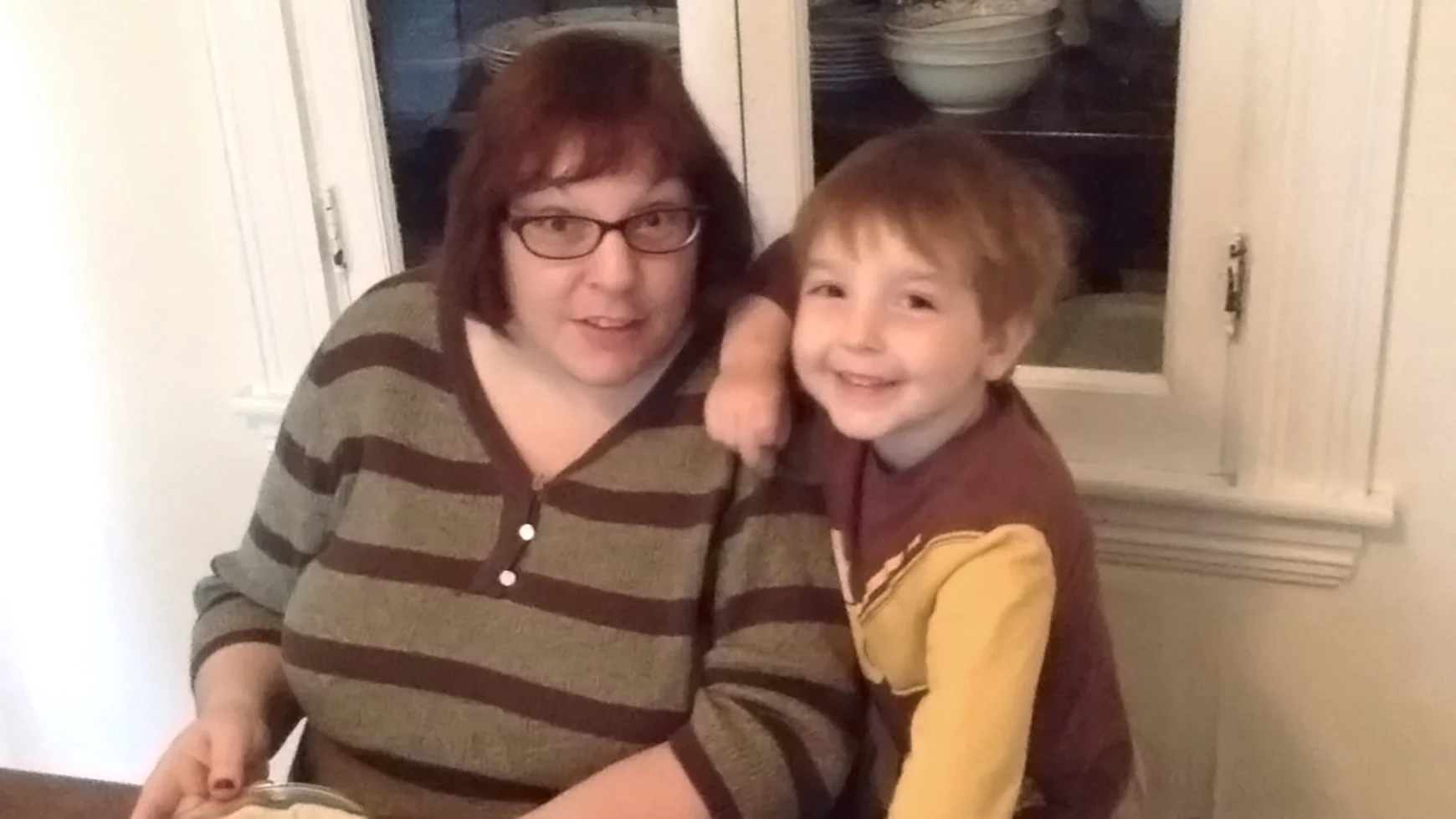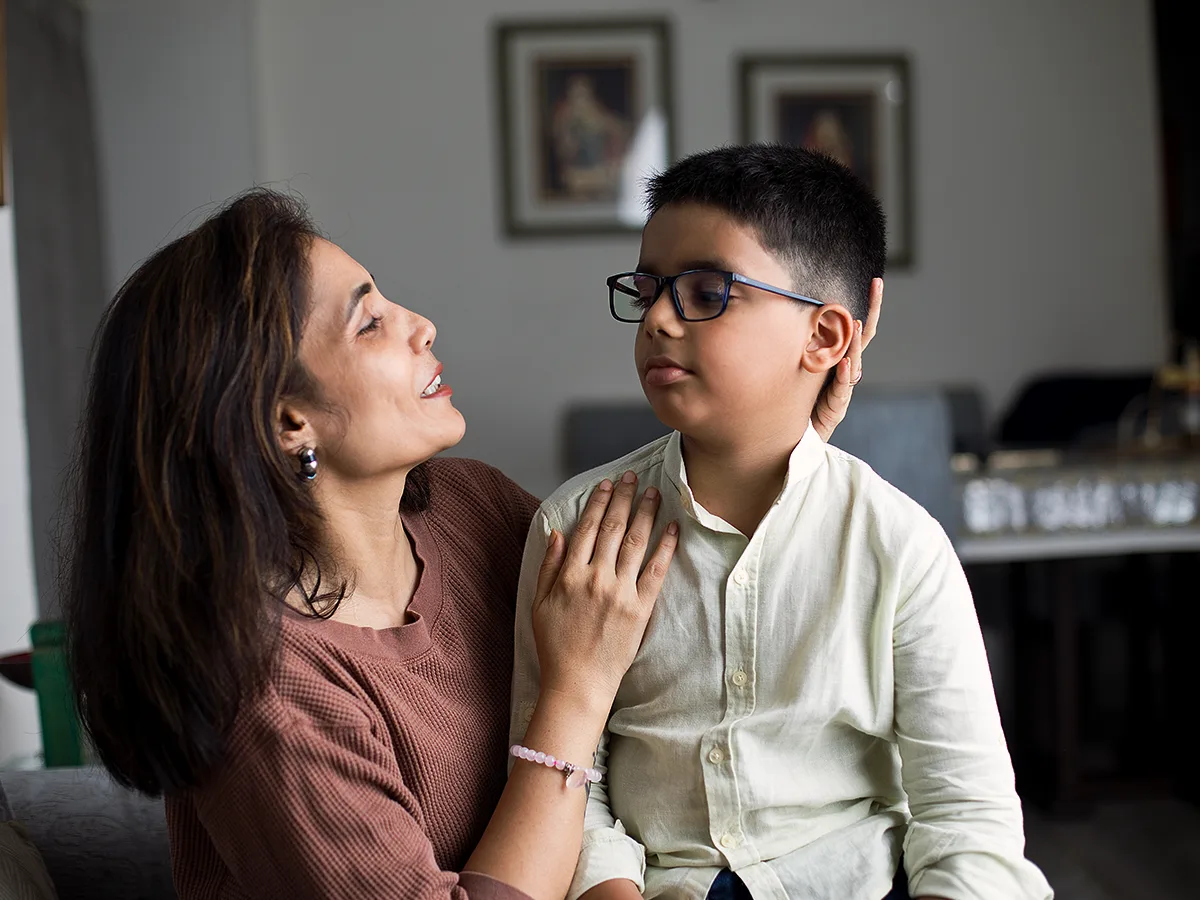A heartbreaking choice: Should my son have accommodations for lockdown drills?
“Mommy, did you know that sometimes instead of leaving the classroom during fire drills, we have to hide under our desks and be extra quiet instead?”
Like any parent, it makes my heart ache to hear my 8-year-old son tell me about what our school district calls lockdown drills. Other schools call them active shooter or shelter in place drills. No matter what they’re called, it’s terrifying. And it’s heartbreaking that our children have to practice them. It worries me even more when it comes to kids like mine.
My son has and autism, with accompanying sensory processing issues. He’s startled by and sensitive to sudden and loud noises. He often freezes in place, putting his hands over his ears.
When it comes to fire drills, he has appropriate accommodations in his : He’s told ahead of time about drills. The teacher makes sure his noise-canceling headphones are at the ready.
Lockdown drills pose an entirely different concern for my son. They’re just as startling and disruptive to him. But as much as I’d like to make them as manageable for him as we’ve made fire drills, I’m hesitant to put the same in place for them.
Because when it comes to a lockdown drill — or, in the absolute worst case, a real need to shelter in place — everything is different. He needs to act quickly, quietly and without questions. He doesn’t have warning or time to grab his headphones.
In addition to freezing when he’s scared, my son also gets anxious. He becomes stuck worrying about “bad things” happening to people he knows. In the moment, that means he asks the same question over and over long after getting an answer.
That’s manageable if there’s an actual fire or a need to evacuate the school. A teacher can shepherd him along. She can talk him through his anxiety and get him safely out the door.
But in a shelter-in-place situation, my son being frozen in place instead of ducking under his desk could be disastrous. Crossing the room to grab his noise-canceling headphones could put his life in danger. It could also endanger the teacher walking over to support him or calling across the room to answer his anxious questions.
I feel confident that my son’s classroom teacher takes his needs into account throughout the school day. She would do all she can to protect him in an actual emergency. But what if he’s in the bathroom or in a special class, like art or music? Or what if there’s a substitute that day who doesn’t know my son’s needs? I also wonder:
How do I prepare him for a worst-case scenario without scaring him more?
What does the school need to have in place to make sure kids like mine are protected in these kinds of emergencies?
Are there other accommodations we need to consider, such as debriefing with the school counselor after a lockdown drill?
So far, I’ve only talked about these questions with my husband. But when my son comes home talking about having a lockdown drill, it makes me realize it’s time to talk to him and his IEP team.
On a broader scale, it makes me realize all parents of kids with learning and thinking differences need to be having these conversations with our school districts. Having plans in place to help kids who struggle to follow directions, or who have sensory processing issues or other disabilities, is something all districts should be considering.
As for the fear factor? Perhaps we can find ways to address the anxiety most kids may experience around safety drills. But when it comes to our anxiety as parents, I don’t think there are any easy answers.






